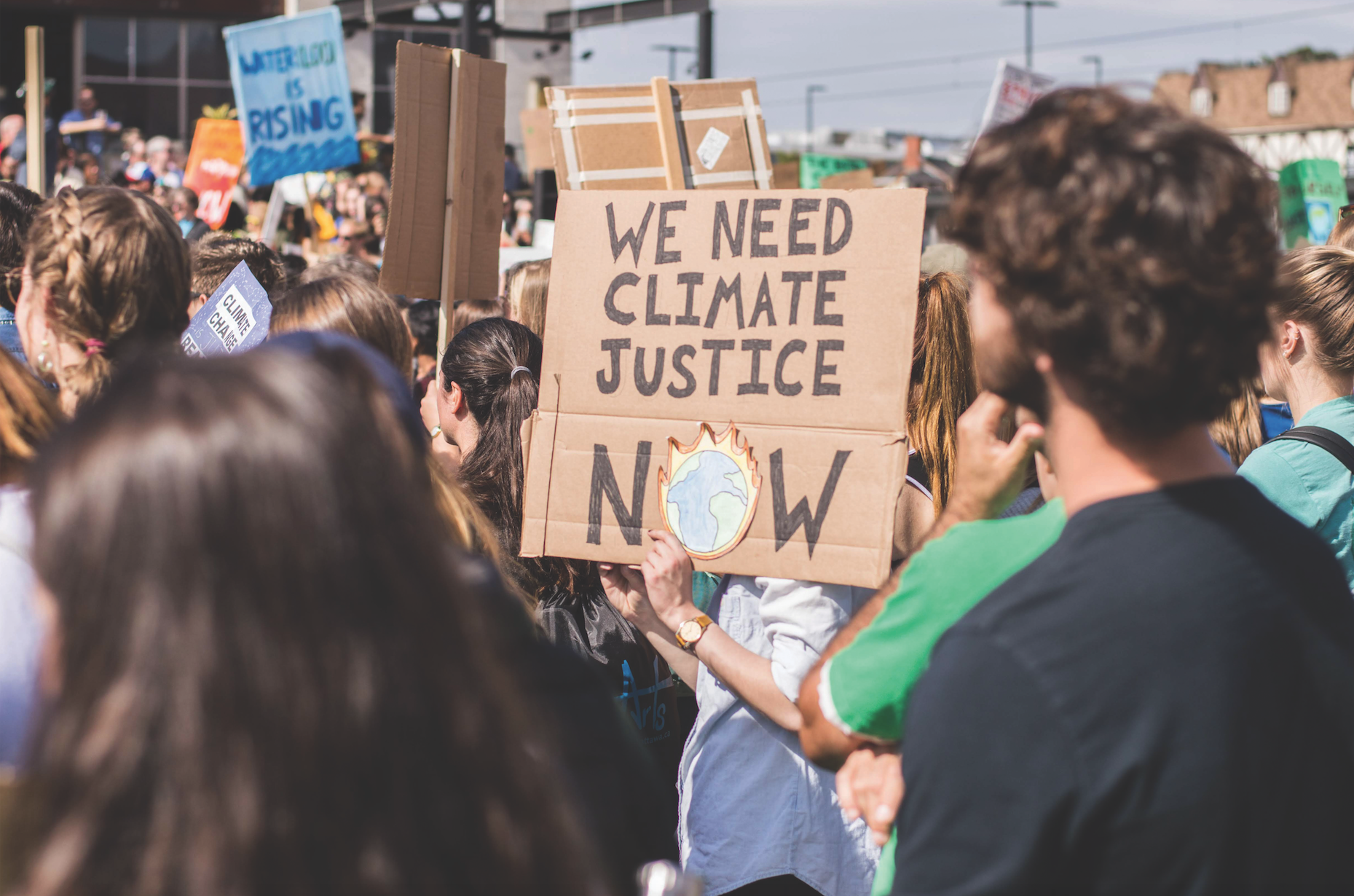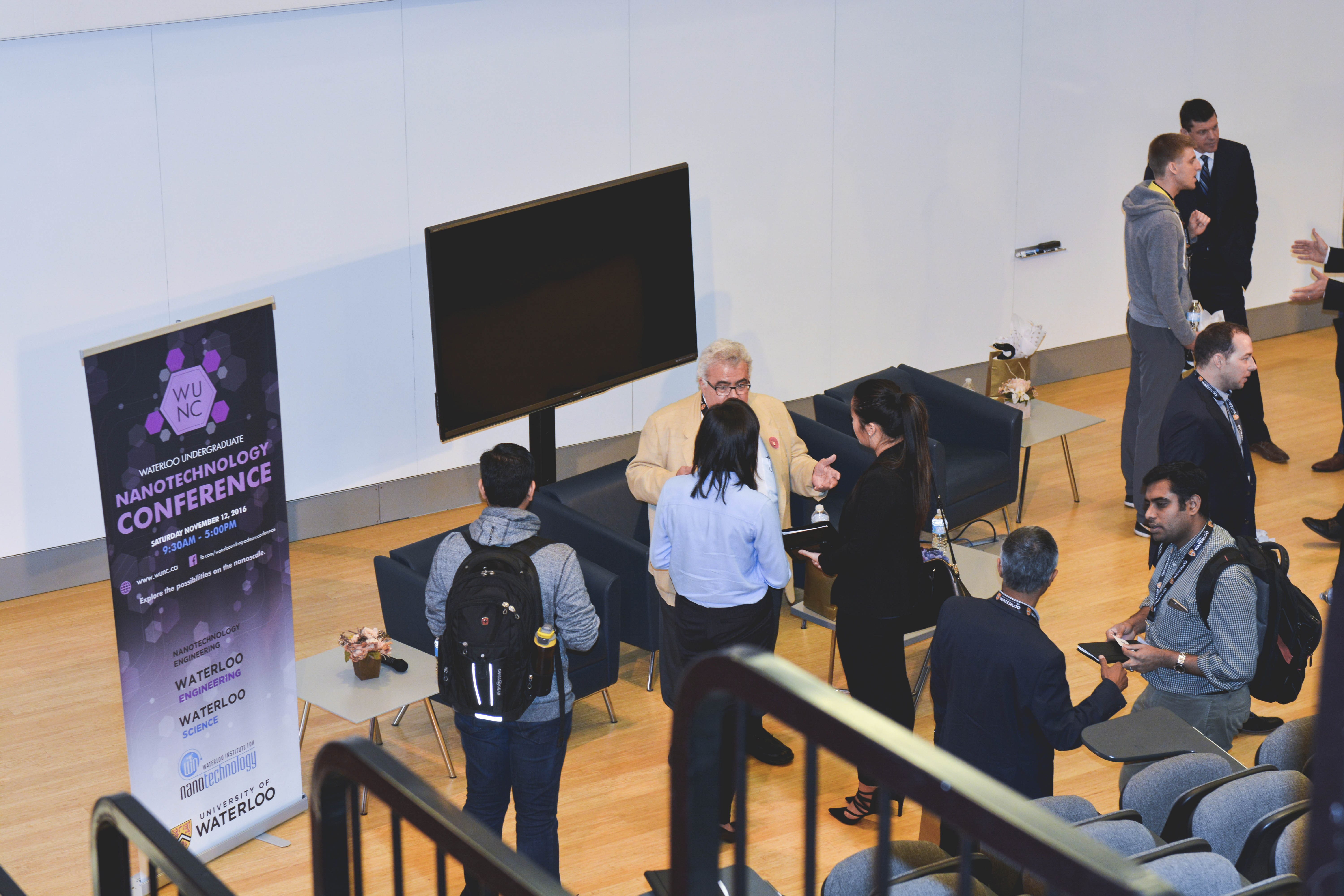
Residents of Waterloo took to the streets yet again Friday, November 29, for the second global climate strike at Waterloo Public Square.
The latest in the weekly recurrent series of strikes, this one was attended by approximately 600 people.
The event was organized by Fridays For Future KW in collaboration with Fossil Free UW and involved a Round Dance led by Idle No More, a group that recognizes Indigenous Sovereignty as climate action.
The whole participating community seemed as one when everyone held hands and formed a massive circle to move around the indigenous drummers for the Round Dance.
The atmosphere was filled with an air of determination to act and spread awareness about the pertinent climate issue.
The latest global climate strike saw a drastic reduction in numbers from the previous global climate strike on September 27, when around 4,500 people participated.
This brings up the question: are climate strikes effective in generating and maintaining the public interest in the climate change discussion?
“The first global climate strike was extremely effective as it indirectly influenced the Region of Waterloo’s decision to declare a climate emergency,” Sofia Somani-Slater, a second-year
Environment and Business student said.
An important component of making these strikes effective amongst students is encouraging participants to continue to make sustainable choices throughout the week, and not just on Fridays, according to Sofia.
The increasing coverage of climate change-related issues on local media is also another feat that can be attributed to the climate strikes.
While these climate strikes inspire more and more students and residents of Waterloo to take part and raise a voice in the carbon emissions reduction discussion, University of Waterloo remains a silent spectator.
Having recently released the 2019 Sustainability Strategy which highlights the campus’ intention to go carbon neutral by 2050, actions taken since the announcement until now
only include interviews, base-line studies, workshops, and five open house events.
In the same report, UW states that “direct emissions from the campus grew by 6.4 per cent in 2018” and that indirect emissions also saw an increase last year.
Whilst explanations are provided for these increases (harsher winters, for example), the report commends Ontario’s efforts at phasing out of coal power across the province but fails to incorporate their plans on substituting dirty energy with renewable alternatives.
Furthermore, according to data released by the University in the Fall of 2017, at least $68 million of UW’s investments are in the Top 200 Fossil Fuel companies of the world, some of which are active in the tar sands.
The next global climate strike is tentatively scheduled for January 10, 2020 according to
climatestrikewr.ca.
The student community plans to strike until both the University and the
Canadian government showcase concrete action against climate change.






























